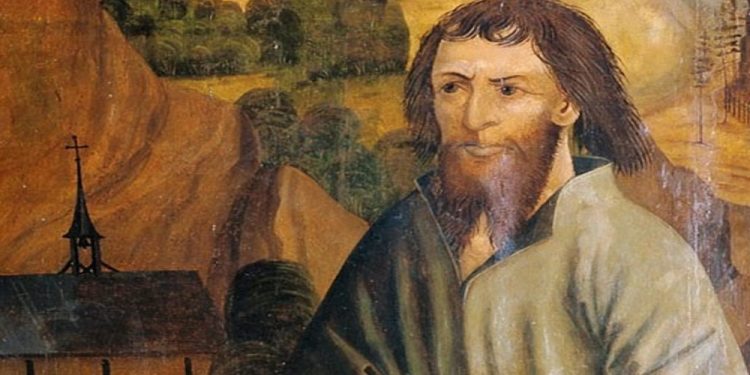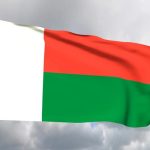
St. Nicholas Of Flüe
The patron saint of Switzerland is St. Nicholas of Flüe. He is a saint best known for his intervention in a conflict between canton factions over the admission of Fribourg and Solothurn to the Swiss Confederation. This led to the Stans Agreement, which prevented a civil war and strengthened the bond of all the member cantons.
He is known as one of the early champions of arbitration as a way to resolve disputes between different parties. His feast day falls on the 25th of September, and it’s a regional holiday in the canton of Obwalden in central Switzerland. His feast day isn’t observed as a public holiday in any other part of Switzerland, however.
The History of St. Nicholas of Flüe
St. Nicholas was born in 1417 and joined the army in 1438 at the age of 21 years. After witnessing firsthand strife during the regional conflicts of the Swiss cantons, he married at the age of 30 years old. He would then father 10 children and serve as a judge for almost a decade.
After he had a vision of a horse eating a lily, an event that he interpreted as a sign from God, he decided to lead the rest of his life devoted to Christianity. He reached the age of 50 in 1467 and decided that his best course of action would be to leave his wife and children and become a hermit.
During his time as a hermit, he continued to have religious visions, and according to legend, he only feasted on Eucharist bread and wine. His insights and visions would be sought out by people all across Europe, and this would earn him the nickname Brother Klaus. In 1481, his counsel would end up preventing a civil war between the cantons, and this saved the national identity and unity of Switzerland.
In 1669, he was beatified, and his feast day was established by the Roman Catholic Church as March 21st. That date was chosen because that is the date he died in 1487. His feast day isn’t celebrated on March 25th in Germany and Switzerland, however. In these countries, it’s observed on September 25th.
Observing St. Nicholas of Flüe
This holiday is observed as a day off for the general public in the canton of Obwalden, so many institutions are closed on this day. It’s also observed across Switzerland with religious services, but it isn’t a day off for the general public in the rest of the country.








